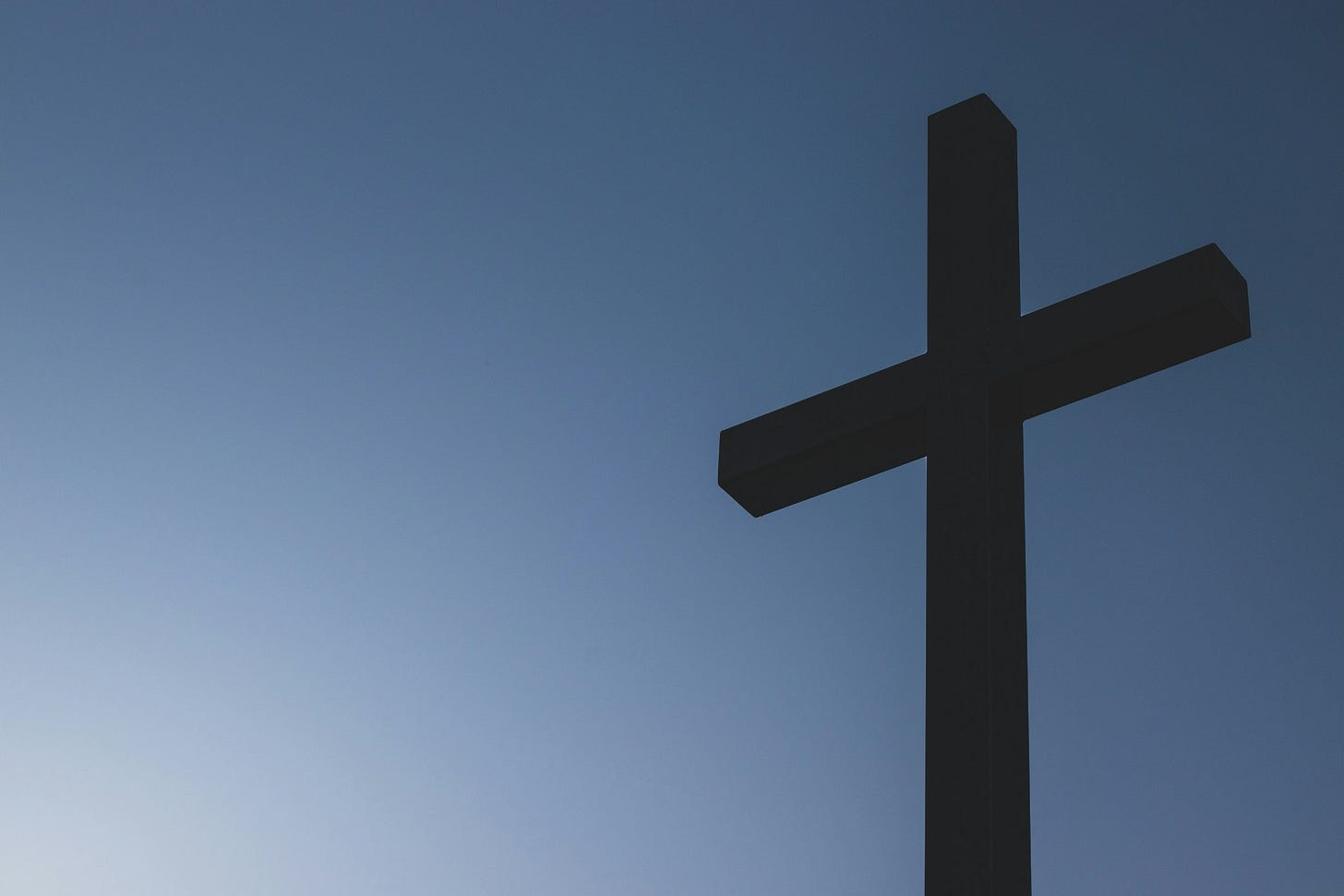A Sure Hope
9/10/25 Bible Thought (1 Thessalonians 1)

The Christian need not fear what is coming in the future.
As we open another of the apostle Paul’s letters, we will see that the Thessalonian believers essentially get a big, “Atta boy!” throughout. This letter was written to encourage the believers and to help them remain steadfast.
I remember a few years ago when I was in seminary, we read through the entire Pauline corpus in what conservative scholars consider to be the chronological order of his writings.
This puts 1 Thessalonians right after Galatians and we quickly find an entirely different tone if we read them back-to-back! The Galatians were being taken to the woodshed for straying away from the gospel of grace, but the Thessalonians are comforted.
Here, in the first chapter, the apostle issues some comforting words to a church that he did not get to spend a lot of time with on his first trip there.
In Acts 17, Paul was chased out of Thessalonica on his second missionary journey and was then subsequently chased out of the neighboring town of Berea too!
So, Paul writes this letter to this fledgling church in Thessalonica with encouragement and hope.
He begins by noting God’s choice of them. We know from throughout the New Testament that no one can come to faith apart from the intervention of the Spirit of God. Truly, we cannot birth ourselves. If we are to be born again it must be a work of the divine.
Hence, Paul concludes that God had set them apart to be His people because his ministry that took place in Thessalonica was confirmed with demonstrations of God’s power and with the Holy Spirit (1 Thess. 1:4-5).
Although the believers there were likewise subjected to much affliction, they also were subjected to much joy in the Holy Spirit (1 Thess. 1:6) for they had turned from dead idols to serve the living and true God (1 Thess. 1:9).
Now, being a part of the people of God, they would await the coming of Jesus, the Son of the Living God, from heaven—the One who delivers us from the wrath to come (1 Thess. 1:10).
This is the great hope of the Christian.
Although we were rightfully objects of God’s wrath, children of wrath like the rest of mankind (Eph. 2:3), God chose to set His love on us and to bring us into His family. With this, we are spared from His righteous wrath on the day of the revelation of Jesus Christ.
For Jesus Christ has become the propitiation for our sins (Rom. 3:25; 1 Jn. 2:2; 4:10).
He was the wrath-bearer. He bore our penalty. He bore the separation from God that we rightfully deserved, and upon Golgotha’s hill the righteous wrath of God was displayed. If we want to know God’s opinion of sin, we need look no further than the brutalization that took place upon an old rugged cross.
Yet, at the same time, one scholar has said that the cross is where the love and justice of God intersect. As such, if we want to know God’s love for sinners, we need look no further than what took place at Calvary (see Jn. 3:16; Rom. 5:8; 1 Jn. 4:9-10).
God is a God with innumerable, wonderful attributes. He is holy, He is awesome, He is just, He is gracious, He is love and He is countless other things. These are all held together in His being without contradiction.
While the nonbeliever should rightfully fear the wrath of God, the believer knows the wrath of God has already been born. As such, “There is no fear in love, but perfect love casts out fear” (1 Jn 4:18).
While we can and should have a reverent fear of God—truly, it is the beginning knowledge and wisdom—we no longer have to stand in terror before the living God.
By faith in Christ, we are part of God’s family and have this wonderful hope. Through this, every affliction of this life ought to pale in comparison to the righteous wrath of a holy God that will one day be poured out.
I thank God today for His gracious kindness towards me that is revealed in Jesus Christ.


The ingenuity of God that could make this happen. Amazing. "Yet, at the same time, one scholar has said that the cross is where the love and justice of God intersect. As such, if we want to know God’s love for sinners, we need look no further than what took place at Calvary (see Jn. 3:16; Rom. 5:8; 1 Jn. 4:9-10)."